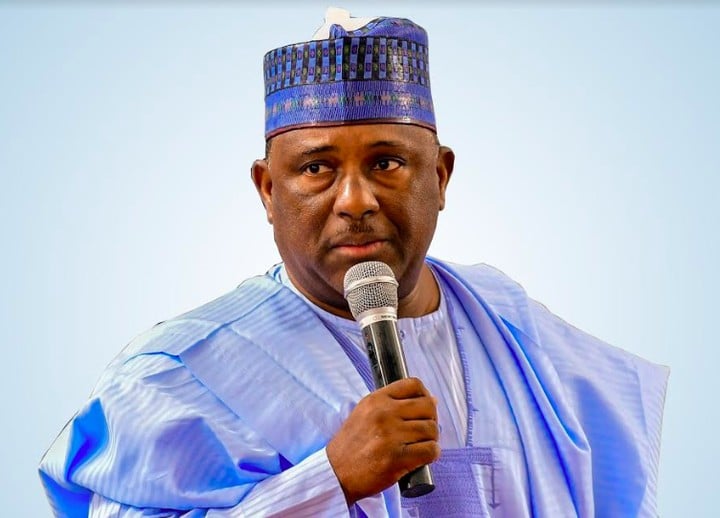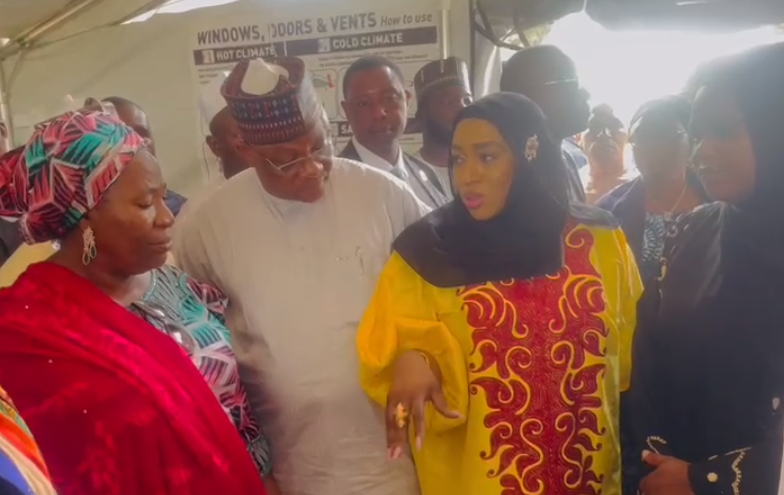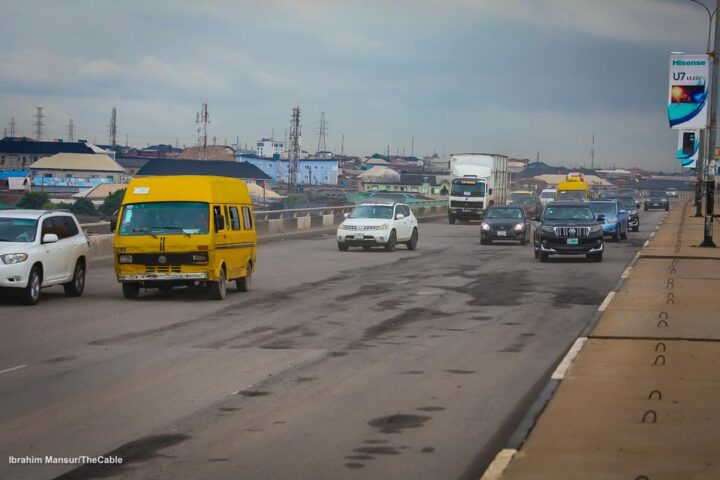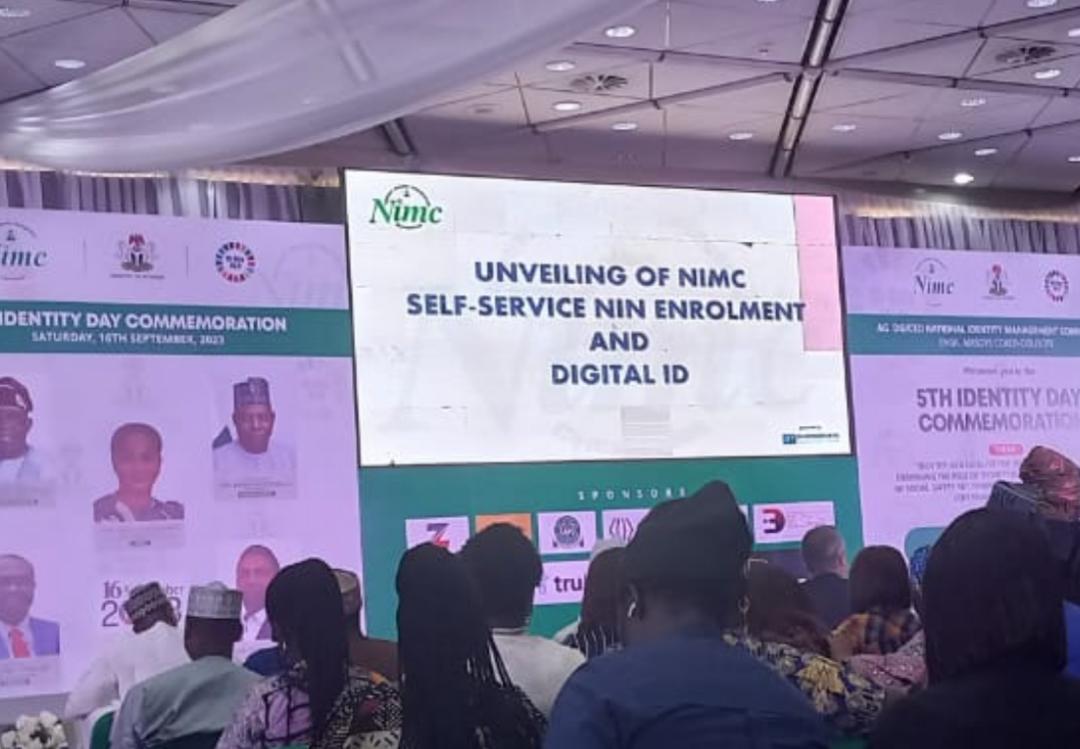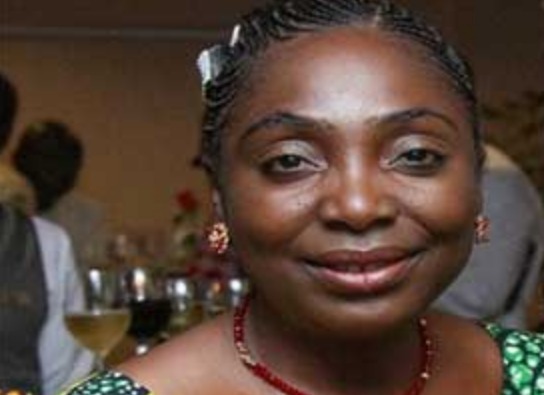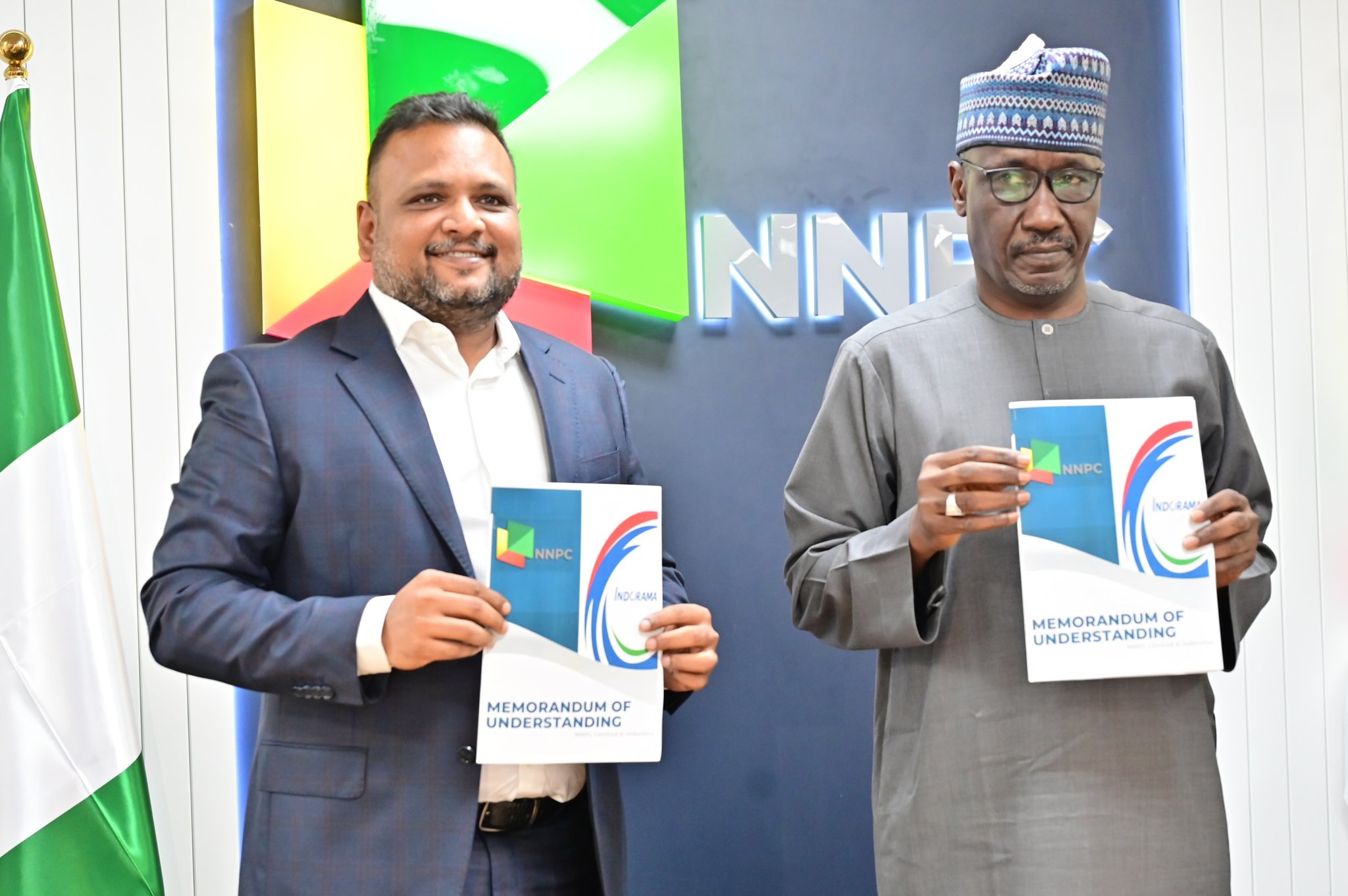“When I was still in primary school at Pacelli, a special needs school in Lagos, I didn’t know what I was enjoying. When I first got into this school, I was very excited thinking it would be better than Pacelli. Now, I don’t know if I am going to ever complete my secondary education because learning is very difficult here.”
Those were the words of Josephine, a visually-impaired teenager schooling at Lagos State Model College, Agbowa Ikosi. Anita, Josephine’s classmate who spoke to TheCable during a visit to the school, also shared her experience on how difficult it is to learn in the school.
“For them (our classmates) to help and read the notes to us, we have to give them some part of our groceries or bribe them with money. If we don’t give them, they will lie to us that they are not feeling well and will not read to us.” Anita said.
“Even when we use our tape recorders in the class, we will not hear anything because the noise in the classroom is too much. The teacher is too fast. They will not wait for us.”
Advertisement
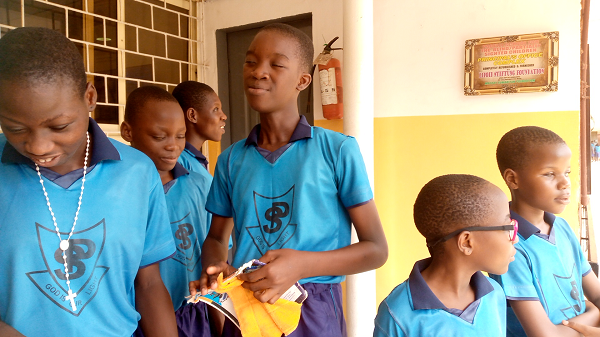
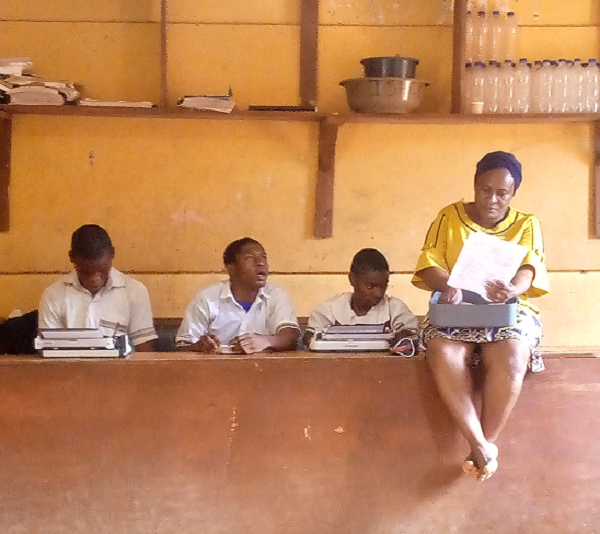
When TheCable visited the Lagos State Model College, Agbowa Ikosi, it was exam day. The Mathematics examination for students of senior secondary (SS2) was being conducted. The exam question paper which was supposed to be printed in braille was not. In order for the visually impaired students to partake in the exams, they were kept in a segment of the teacher’s room where questions were being dictated to them.
On one side of the room, the staff members were chitchatting. On the other side, the invigilator had to raise her voice, however impatiently, above the noises in the room so the students could hear. The students, who looked afraid, quickly punched in their answers into their individual typewriters, while those who didn’t have typewriters spurted out answers that might not have been carefully thought out.
Though Josephine and Anita later confirmed that some of the teachers, out of their “goodwill”, occasionally helped them out, they felt it was not mandatory. The question is: should the students’ success be based on a whim or charity of an individual rather than on equal opportunities, equity and social justice?
Advertisement
Meanwhile, the question papers were meant to be brailed and distributed to the students while responses were to be locked in using a typewriter or stylus and slate, or a computer. But this was not the case.
WHAT DOES THE LAW SAY?
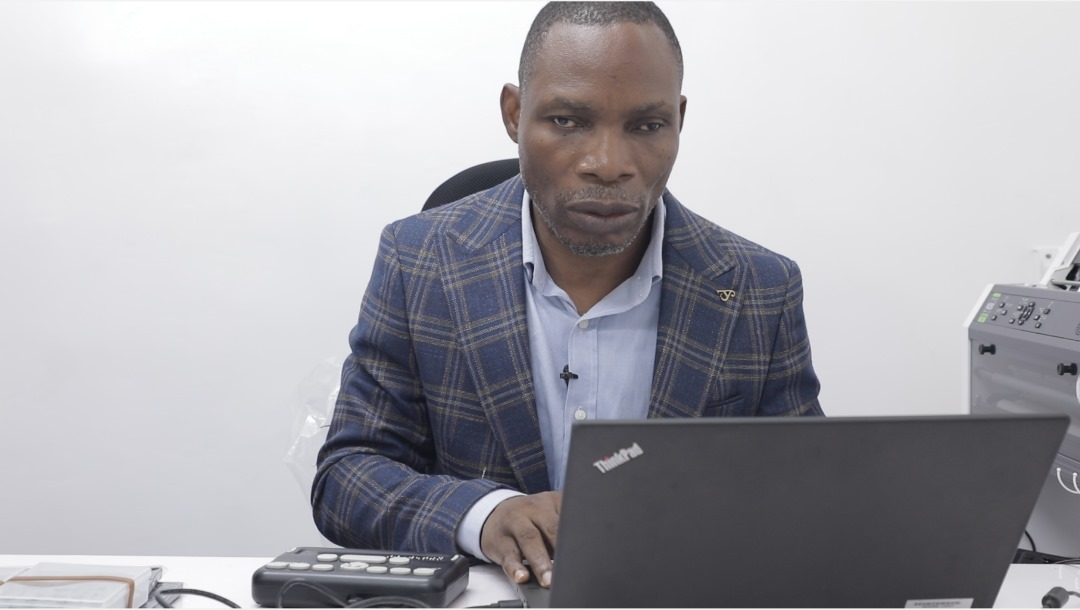
Pursuant to Nigeria’s disability law part 5 article 17, a person with a disability shall have an unfettered right to education without discrimination or segregation in any form. Article 18 of this section also states that “all public schools, whether primary, secondary or tertiary shall be run to be inclusive of and accessible to persons with disabilities, and every school shall have — (a) at least a trained personnel to cater for the educational development of persons with disabilities; and special facilities for the effective education of persons with disabilities”.
However, from what was observed at the Model College, the lack of a trained special education teacher, the absence of braille question papers, and textbooks constitute fetters that bind these students to the lower rung of the ladder of academic excellence and make them unable to effectively compete with their sighted counterpart in employability terms.
Advertisement
Opeolu Akinola, executive director of the Disability Awareness Development Initiative (DADI), confirmed that the challenges being faced by blind students have been unaddressed for decades.
“Lack of textbooks is one of the things that is a disadvantage to blind students today. They don’t have textbooks. So, they have to beg their sighted colleagues to come and read to them, and that gives room to a lot of things, such as harassment, blackmail, manipulation and even bullying,” Akinola said.
“I remember when I was in secondary school at the Federal Government College, Ijanikin, my juniors told me that my mates were the ones discouraging them from coming to read to me because they didn’t like the fact that I could excel more than them. So, they came up with all sorts of lies not to help me.”
Advertisement
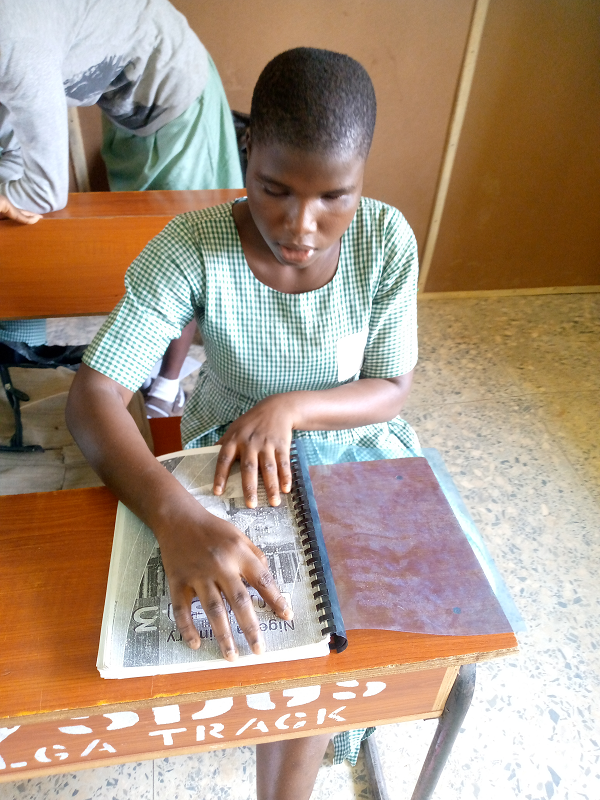
Analysing how effective the 2019 disability law is in addressing this challenge, Akinola said the major problem of the law is that disability has been politicised, and so it is not directly addressing the needs of the people.
“Addressing disability issues has become politicised. So, a lot of people who lack the technical capacity to address it are the ones creating budget lines for the ministry. They don’t even know what disability is. They set up facilities; they don’t consult with the people who need them. For example, I am aware that UBEC is buying equipment for blind people. A lot of suppliers came to me and asked me to supply outdated equipment, not caring how effective that is for persons who will use it,” Akinola said.
Advertisement
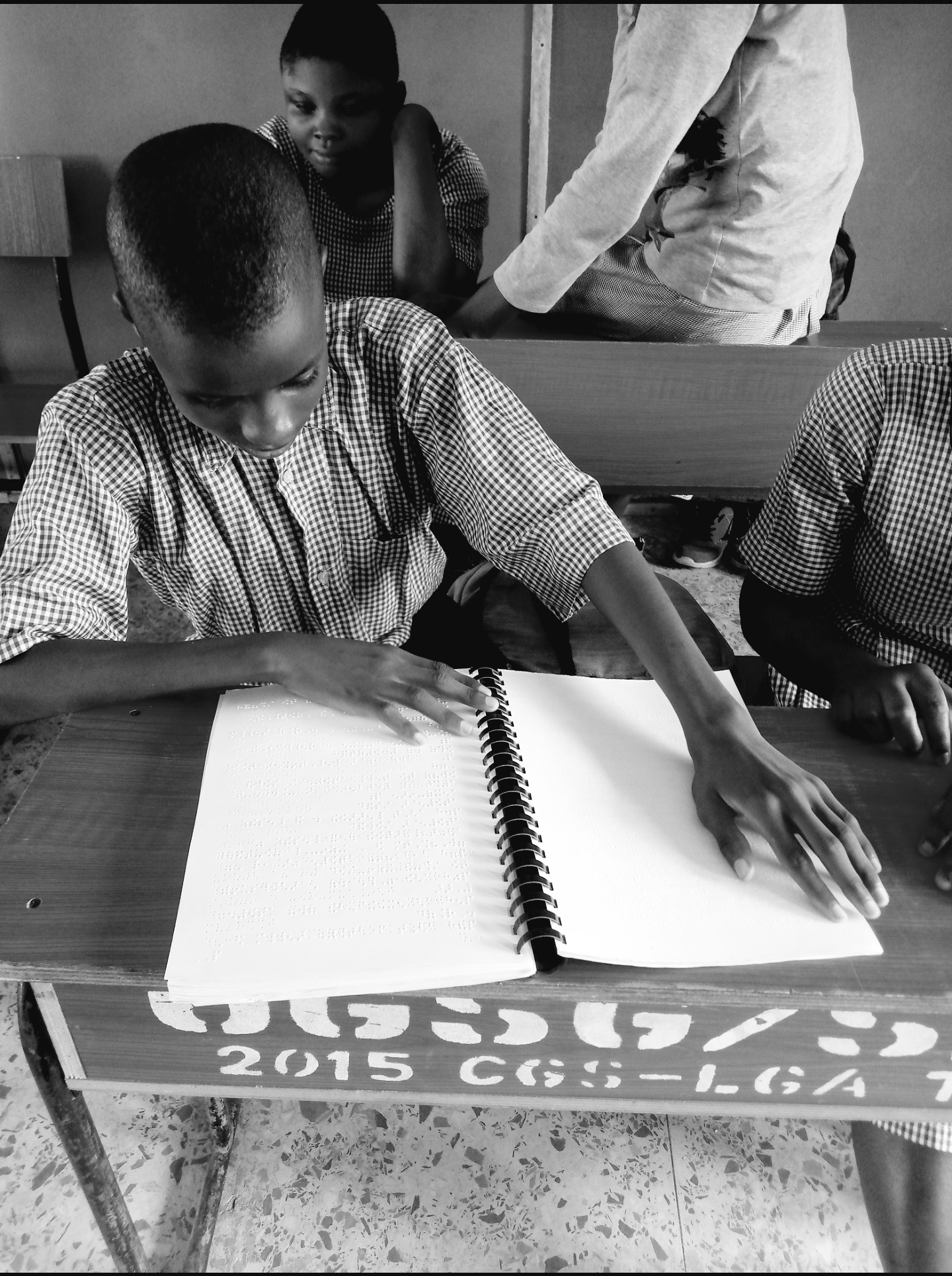
Speaking further on the drawbacks of the disability law, Akinola said placing the commission under the Ministry of Humanitarian Affairs, Disaster Management and Social Development, and not under the presidency is a major problem.
Advertisement
“The disability commission should be directly under the presidency. It is not supposed to be subsumed under any ministry. The global approach to disability is rights-based. It is not supposed to be charity. By putting disability under it, it becomes subject to the charity of the people instead of it being by right. We have already missed the track by putting the disability commission under humanitarian affairs. It is a very wrong thing,” he lamented.
“The implication of this is that the disability commission cannot do anything that the minister of humanitarian affairs does not understand or approve. That is also injurious to disability. The commission will become limited to her level of knowledge or desires and interests. Disability should not be under any ministry and should never be, because the functions of a disability commission are trans-ministerial. It cuts across health, education, and politics — we call it intersectionalities. So, it is never under any ministry in particular,” he added.
Advertisement
SHORTAGE OF TEXTBOOKS, ASSISTIVE DEVICES
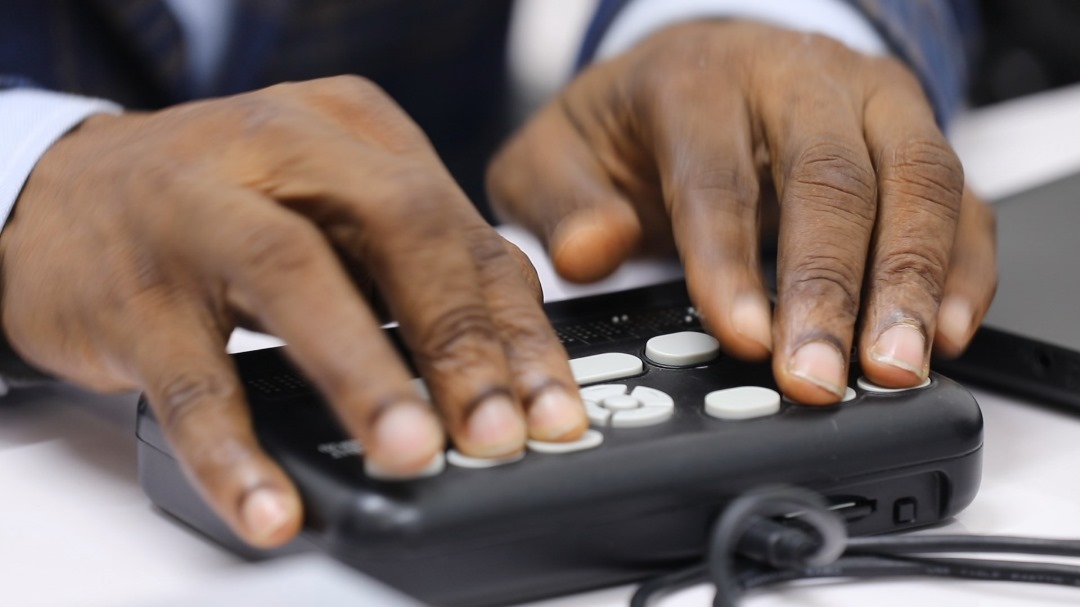
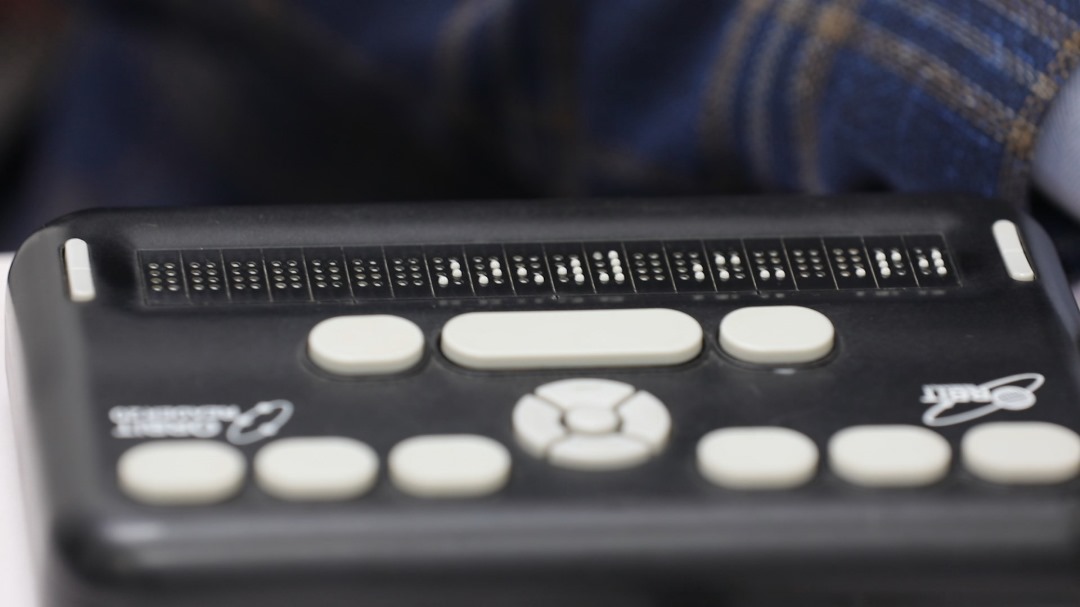
Owing to this drawback, Akinola emphasised that the lack of technical capacity is what is impacting the choice of appropriate assistive devices.
“There is wrong budgeting and misspending of money. You will see a whole lab for the blind, full of computers, but not a single braille display. Only a few schools, mostly private schools, own a braille display,” Akinola said.
According to him, a braille display is the most intuitive way of learning for a visually impaired person and it is the most cost-effective. A refreshable braille display is a device that allows visually impaired people to interact with a computer. The raised dots on the display spell out text that the user traces a finger over to read.
“If a school owns this device, it can serve several blind students, year by year. With it, textbooks can be digitised. With just a flash drive, a blind student can have access to textbooks and dictionaries. This will give blind students the access and ability to compete equally with their sighted classmates,” Akinola noted.
He explained that one of the biggest challenges of braille is its bulkiness and the lack of availability. While braille is rudimentary for developing literacy skills, technological inventions such as the braille display are far better. According to him, blind students who rely on audio recordings only cannot read and write. Hence, they lack literacy skills which education is all about.
A visually impaired teacher from Agbowa, who wants her identity protected, confirmed the problem of a lack of braille textbooks.
“We have only two textbooks — government and biology. It is the fault of the government because they keep changing the authors. If we have a book this session with a particular author, by next term, they might change to another author. So, if the book is already available in braille, by the time the author is changed, the government then needs to braille the new textbook with the new author. But this doesn’t always happen. So, a lot of times, there are no braille textbooks that these students can study with,” the teacher said.
NON-FUNCTIONAL BRAILLE CENTRES
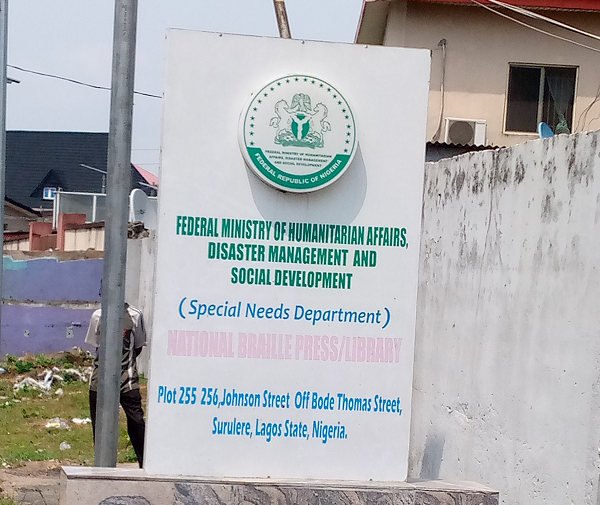
On a visit to the National Braille Press/Library in Lagos, no activity was happening there. There was neither electricity nor a backup generator. Only one staff was seen on the ground. He sat within the premises to receive fresh air because it was too dark and hot within.
Interestingly, visually-impaired students in neighbouring schools were not aware there was such a centre for their benefit. Notably, there are funds in the budget line created for the six national braille centres in the country’s yearly budgetary allocation. A budget is a document showing the money the government intends to spend on specified items, even if the amount stated is not always the amount disbursed and spent.
But in the 2017 budget, a sum of N10 million was appropriated for the Lagos, Calabar, Awka, Kaduna, Bauchi and Maiduguri centres. In 2023, N20 million was also appropriated for braille production centres. Whether this is even enough is another issue. However, it appears it is only the privately-owned braille centres that are working in Lagos.
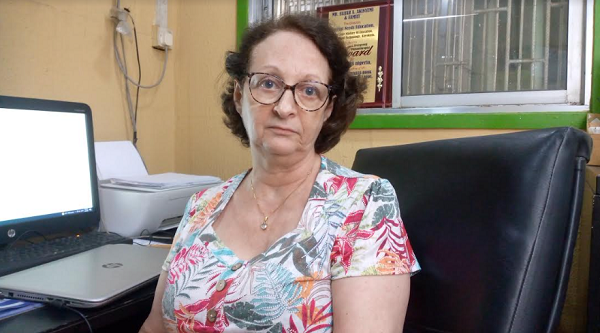
When TheCable visited Nigerwives, a private-owned braille book production centre in Lagos, the conversion of textbooks to braille (for all categories of learners) was ongoing. Edwige Adeyemo, the president of Nigerwives, said there is a need for more STEM textbooks.
“The lack of STEM textbooks (science technology, engineering and mathematics) is a disadvantage to blind students and that is why a lot of them don’t excel in the sciences. However, we will continue to provide equal opportunities so that they can lead self-sufficient lives and contribute to societal development.”
IS INCLUSIVE EDUCATION WORTH IT?
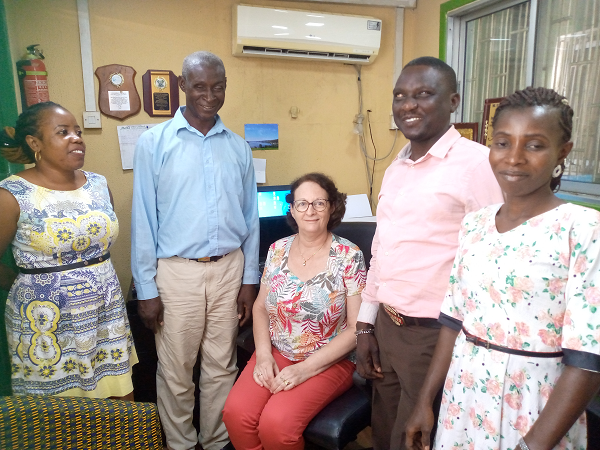
Adeola Aina, deputy chairman, Nigeria Association of the Blind, Lagos chapter, said the inclusive school is not working.
“They are not giving sufficient attention to people with disabilities at the inclusive schools. For instance, in a class of 36 pupils, you may have two blind persons, one hearing impaired, one with a mental disability, or one with a physical disability in that same class. Yet, you will find only one teacher, who is not specially trained in any way, teaching all of them,” Aina said.
“So, how does the blind person know what is on the black or whiteboard? How does the hearing impaired know what the teacher is saying when there is no sign language interpreter?
“Because they are not able to get sufficient education at the foundation stage, they push them to go and learn a vocation since most cannot compete academically with their sighted counterparts.”
Aina called for the disability law to drill down to address the needs of every disability cluster. On the other hand, Akinola believes there is progress, but very minimal.
“I think things are changing. It is slow but it is changing. Organisations that don’t employ persons with disabilities are now doing so because there is a law that states that a quota of their staff members must be persons with disabilities. That is why a law is essential; most of these things were not possible before the law. That is why I say there is progress,” Akinola noted.
(Some names in the report were changed to protect their identity)
Add a comment
